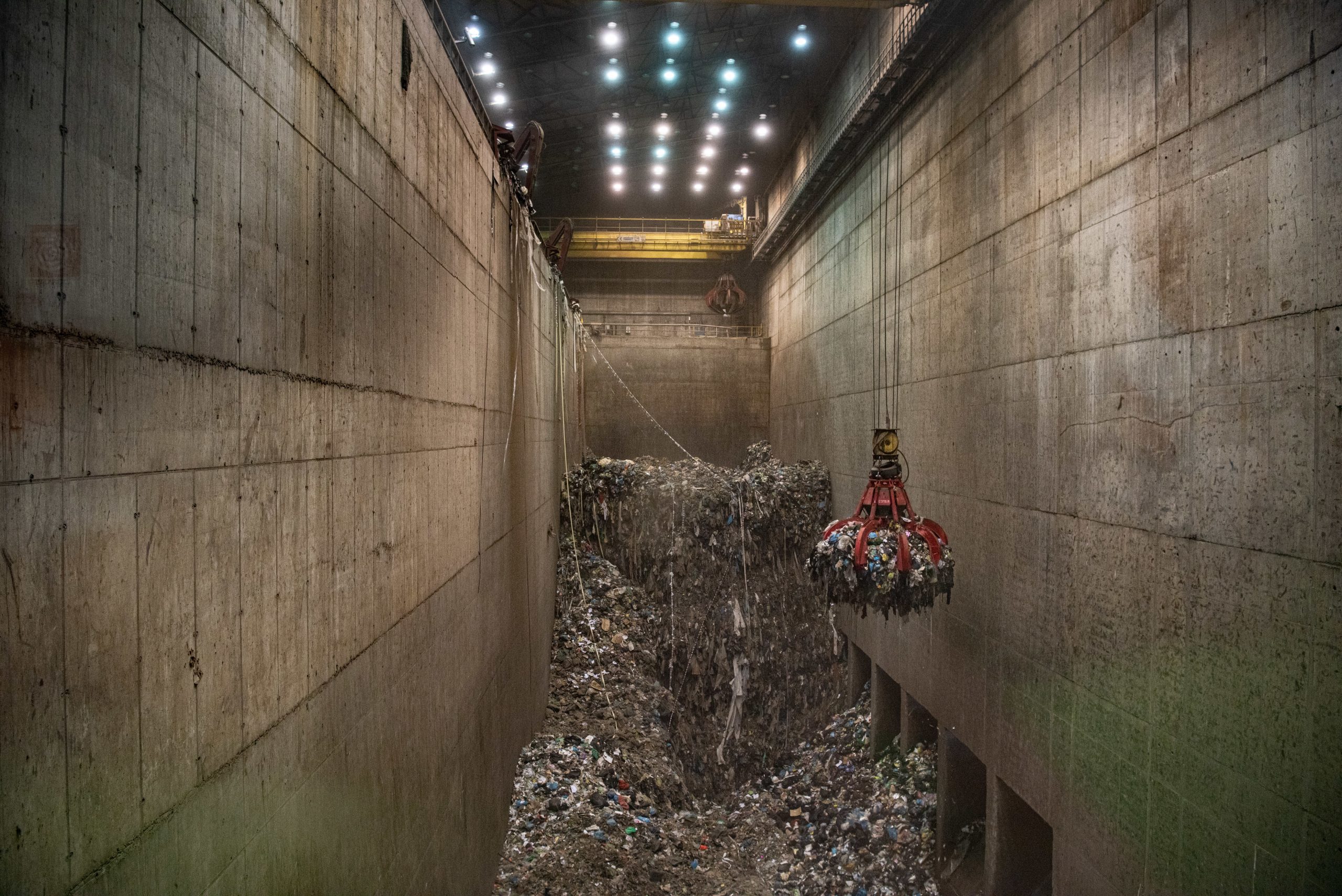
Incineration boom must be stopped
Environmental campaigners are calling on the Scottish Government to take action to stop a “boom in incineration” before it’s too late. A new report, published by Zero Waste Scotland, has revealed Scotland’s mounting incineration problem. It states that if no action is taken, there will be more incinerators than there is waste to burn by 2028.
The Scottish Government created a moratorium on new waste incinerators in 2022, but ministers are failing to stop incineration capacity from increasing.
Loopholes in the moratorium mean that developers have continued to push ahead with plans to build incinerators while Scotland’s largest existing incinerator has been permitted by SEPA to increase the amount of waste it can burn. Scotland’s incineration capacity has increased by 215,000 tonnes (17%) since the moratorium was introduced.
Incineration of waste is expensive, emits harmful pollution, contributes to climate change, and prevents effective reuse and recycling. A new BBC investigation found that energy from incineration is the dirtiest form of energy produced in the UK.
If Scotland’s incineration capacity goes above the level of waste there is to burn, as is predicted, it limits what can be recycled and could mean councils paying incinerator operators to do nothing, or even the possibly that waste from outside of Scotland could be sent here to be burned.
Environmental groups including Friends of the Earth Scotland have repeatedly written to the Scottish Government, calling for it to use powers to direct SEPA to refuse permits for incinerators. The Scottish Government has acknowledged that it has these powers but has refused to use them except in “exceptional circumstances”, despite the regulations not requiring this.
Scotland’s environmental watchdog, Environmental Standards Scotland is now investigating the Scottish Government’s lack of action.
Kim Pratt, Circular Economy Campaigner at Friends of the Earth Scotland said:
“The Scottish Government must take action to stop the boom in incineration that will be disastrous for the planet. Incinerators create dirty emissions which pollute the air locally and contribute to climate breakdown. Incineration is a problem across the UK – a new BBC investigation has found that burning rubbish is the dirtiest form of power. But in Scotland the problem is particularly severe. We have the worst recycling rates in the UK, and we can’t increase recycling if we are burning more and more of our waste in incinerators.
“The Scottish Government admits it has the power to prevent more incinerators being turned on in Scotland and it needs to close the loophole in its own incinerator ban now.
“If ministers fail to act, Scotland will have more incinerators than there is waste to burn by 2028. This could mean ending up in the perverse situation of operators seeking more waste to burn, including importing it from outside Scotland. Incinerators take three years to build so the Scottish Government must act now to prevent this becoming a reality.”
BBC investigation on incineration
Briefing paper on how Scottish Government can close incineration loopholes
Zero Waste Scotland (2024) Landfill ban assurance study which is dated 20th September 2024 but was not made publicly available until October 2024
